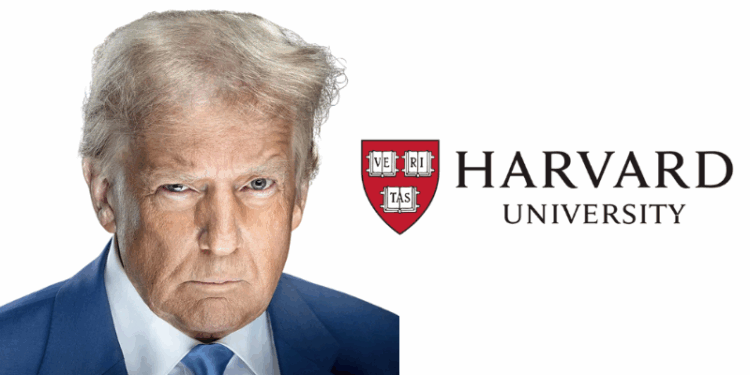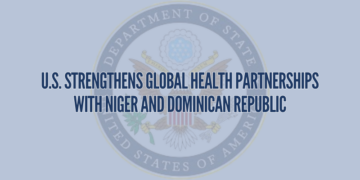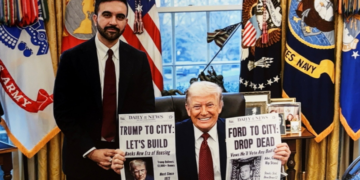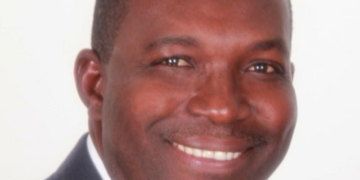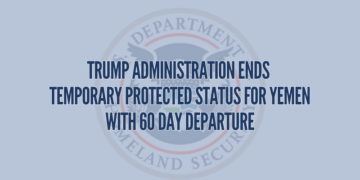On Friday, May 23rd, Harvard University filed a lawsuit against the Trump administration over the Department of Homeland Security’s (DHS) decision to revoke its certification to enroll international students. The university argues that the action violates the First Amendment and due process rights and will significantly disrupt its academic operations.
The lawsuit, filed in Boston, challenges the DHS move to remove Harvard from the Student and Exchange Visitor Program (SEVP), a decision announced just days before graduation. This revocation affects more than 7,000 international students—nearly one-quarter of Harvard’s student body—who now face uncertainty about their legal status in the U.S.
Harvard President Alan Garber condemned the move as “unlawful and unwarranted,” stating it would have an immediate and harmful impact on the university community. He said the decision threatens academic freedom and puts students’ futures at risk.
According to DHS, the revocation was based on alleged failures by Harvard to submit full documentation on foreign student activity. The department also cited antisemitic incidents on campus and alleged ties between the university and the Chinese Communist Party. Harvard denies these claims, saying it submitted the required records in two separate filings on April 30th and May 14th.
The university is seeking a temporary restraining order to halt the enforcement of the decertification. It warned that if the ban stands, Harvard could be barred from admitting new international students for at least two years, significantly harming recruitment and enrollment.
This is the second major legal clash between Harvard and the Trump administration. The first involved the freezing of over $2 billion in federal research funding, which Harvard claims was also politically motivated. In both cases, the university says it is being penalized for refusing to implement government-imposed ideological reviews of faculty and changes to admissions procedures.
Harvard’s legal team includes attorneys with prior ties to the Trump administration, indicating the case could evolve into a broader legal fight over the limits of federal power in education and immigration.



